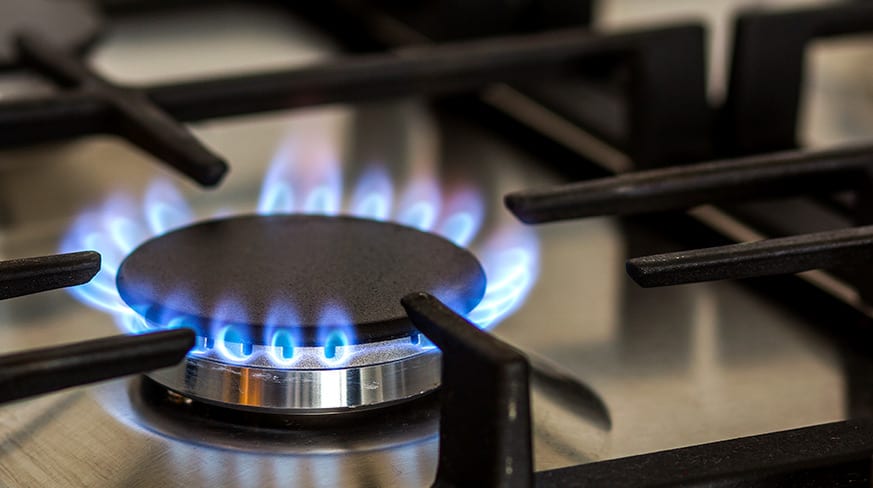Residents of Ilorin have expressed worry over the continuous rise in the price of cooking gas.
Speaking with North Central Trust on the issue, some of them said the incessant rise in the price of the commodity had further worsened the economy of many families few days to a major festivity.
A housewife, Halimat Garuba, expressed surprise that a 12.5-kg cylinder she refilled with N4,500 a few months ago now costs N5,000, while 6.5kg previously sold for N2,000 is now N2,500.
“We are not only surprised but helpless over this astronomical increase in the price of the commodity. It is so frustrating that you are not sure of the next refill price despite all the rhetoric of abundance of gas in the country,” she said.
Another domestic user appealed to the federal government to urgently intervene adding that the development has been attributed to the high rate of foreign exchange.
She said she might return to the kerosene stove, if the cost remained high after exhausting her last refill.
“The problem with kerosene stove is that it stains the pot and does not cook fast like gas. But I will have no choice than to return to it. the government should please intervene immediately before the situation gets out of hand,” she appealed.
A restaurant operator at Stadium Road, Emiley Oladokun, said the price hike had affected her business. “Although, it is more convenient and faster to other cooking sources, but a situation where you spend N10,000 on cooking gas alone is not tenable, business-wise,’’ he submitted.
A civil servant, Bose Oguntokun, described the situation as very worrisome.
“Nigerians are yet to recover from the hardship caused by COVID-19, which crippled many businesses and rendered many people jobless.
“They campaigned for masses to key into the cooking gas revolution and now that many have gotten used to it, they are driving us away again with the incessant price hike. The effect of the present gas situation now is unimaginable. Government should intervene to save Kwarans from further exploitation by dealers,” Oguntokun said.
But a gas dealer, Okafor Nwachukwu, blamed the situation on the failure of the Central Bank of Nigeria to create a dedicated window for foreign exchange for the importation of cooking gas.
“Importers of cooking gas source foreign exchange at high price and this affects the price of the product. The cost of importation dictates the price it gets to consumers because no importer runs a charitable organisation,” he added.

 Join Daily Trust WhatsApp Community For Quick Access To News and Happenings Around You.
Join Daily Trust WhatsApp Community For Quick Access To News and Happenings Around You.


